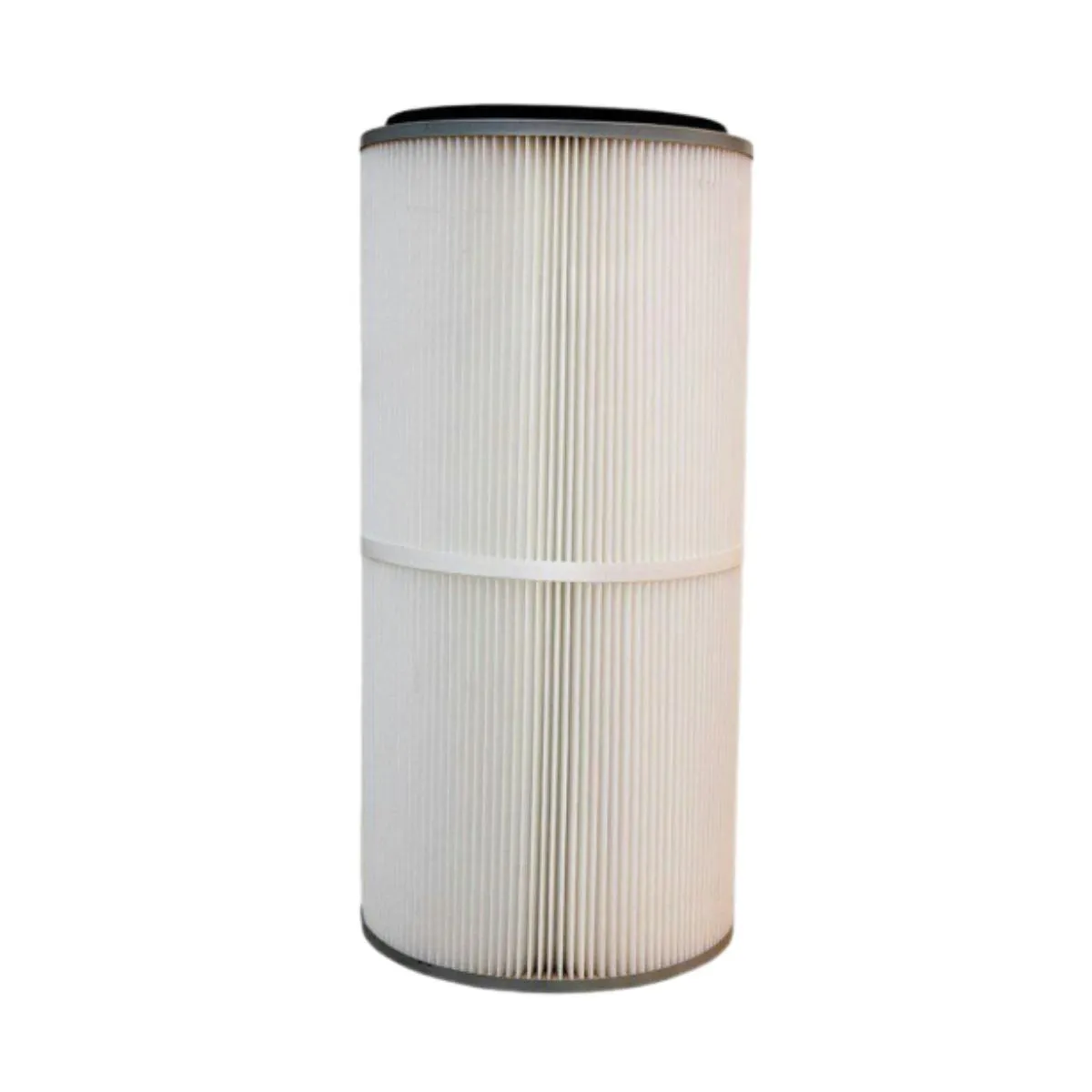 Tel:
+8615930870079
Tel:
+8615930870079
اکتوبر . 08, 2024 04:44 Back to list
metal filter element
Understanding Metal Filter Elements Enhancing Filtration Efficiency
In various industrial and commercial applications, the importance of effective filtration cannot be overstated. Among the multitude of filtration options available, metal filter elements have garnered significant attention for their capacity to provide high-performance filtration solutions. These durable filters are pivotal in ensuring the cleanliness and efficiency of various systems, from hydraulic circuits to air pollution control.
Composition and Characteristics
Metal filter elements are typically made from stainless steel, aluminum, or other metal alloys. The choice of material often depends on the specific requirements of the application, such as temperature resistance, chemical compatibility, and mechanical strength. The inherent structural integrity of metals allows these filters to withstand high-pressure environments and extreme temperatures, making them suitable for use in demanding conditions.
One of the standout features of metal filter elements is their ability to be cleaned and reused, which makes them an economically viable choice in the long run. Unlike traditional paper filters that need to be replaced regularly, metal filters can be backwashed or subjected to other cleaning methods to restore their functionality. This not only reduces waste but also lowers operating costs over time.
Filtration Mechanisms
Metal filter elements utilize various filtration mechanisms, including depth filtration and surface filtration. Depth filtration involves the entire thickness of the filter medium, capturing particles as they pass through. This type of filtration is particularly effective for removing larger particles and coagulable contaminants. In contrast, surface filtration captures particles on the surface of the filter, making it ideal for applications where the primary concern is smaller particulate matter.
The design of metal filter elements can also vary significantly. Options range from pleated designs, which increase the surface area available for filtration, to sintered metal filters, which provide a high degree of porosity and can accommodate fine particle filtration. These design variations enable manufacturers to tailor the filters to specific applications, ensuring optimal performance in diverse environments.
metal filter element

Applications Across Industries
The versatility of metal filter elements allows them to be employed across a range of industries. In the automotive sector, for instance, they are used in fuel filtration systems, ensuring that contaminants do not compromise engine performance. In the food and beverage industry, metal filters help maintain hygiene standards by preventing unwanted particles from entering the production process. Additionally, in the chemical processing sector, these filters are vital for solvent recovery and contamination prevention.
Moreover, metal filter elements are increasingly used in air filtration systems. With rising concerns about air quality, industries are adopting these filters to ensure that particulate matter is effectively removed from exhaust streams. They are utilized in scrubbers and dust collection systems, facilitating compliance with environmental regulations.
Advantages Over Traditional Filters
When compared to traditional paper or fabric filters, metal filter elements exhibit several distinct advantages. They offer higher durability, resistance to extreme temperature and pressure, and the ability to be repeatedly cleaned and reused. Furthermore, metal filters have a longer lifespan, which contributes to reduced costs associated with frequent replacements and landfill waste.
In addition, metal filter elements can be engineered to achieve specific filtration ratings, providing higher precision in particulate removal. This level of customization is essential for industries where even minor contamination can lead to significant product loss or equipment damage.
Conclusion
In summary, metal filter elements represent a formidable technology in the realm of industrial filtration. Their durability, efficiency, and adaptability make them a superior choice for a wide range of applications. As industries continue to evolve and face stringent regulatory requirements regarding cleanliness and environmental impact, the role of metal filter elements will only gain prominence. Investing in these advanced filtration solutions not only enhances operational efficiency but also supports sustainable practices by reducing waste and resource consumption. As we move forward, it is clear that metal filter elements will play a crucial role in meeting the filtration demands of tomorrow’s industries.
-
Nano Fiber Technology: Revolutionizing Cartridge Dust Collector FiltersNewsAug.06,2025
-
How Activated Carbon Air Cartridges Eliminate OdorsNewsAug.06,2025
-
Dust Filter Cartridge Handling Fine Particulate MatterNewsAug.06,2025
-
Cartridge Dust Collector Filter for Welding Fume ExtractionNewsAug.06,2025
-
Activated Carbon Filter Cartridge Effectiveness Against VOCsNewsAug.06,2025
-
Activated Carbon Air Filter Cartridge Benefits ExplainedNewsAug.06,2025

 Email:
Email:





